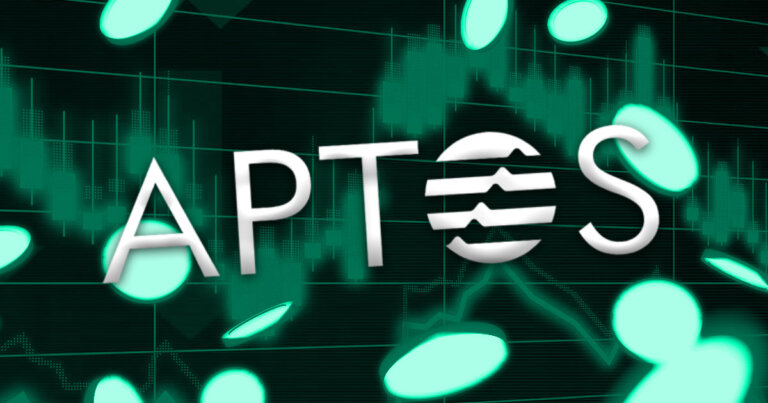 South Korea’s Upbit experiences severe disruption due to fake APT tokens
South Korea’s Upbit experiences severe disruption due to fake APT tokens South Korea’s Upbit experiences severe disruption due to fake APT tokens
Upbit said it plans to resume deposit and withdrawal services once the wallet maintenance is successfully completed.

Cover art/illustration via CryptoSlate. Image includes combined content which may include AI-generated content.
Upbit, South Korea’s foremost cryptocurrency exchange, suspended all withdrawals and deposits of Aptos’ native token APT after it was besieged by fraudulent activities involving counterfeit APT tokens on Sept. 24.
The interruption of deposit and withdrawal services also affected the deposit return process for the actual APT token and the fraudulent digital asset.
Upbit said it plans to resume deposit and withdrawal services once the wallet maintenance is successfully completed and assured users that returns will be processed sequentially after deposit/withdrawal support is reinstated.
Fraudulent tokens
Upbit discovered that scammers had generated fake APT tokens, which were then mistakenly identified as legitimate by the platform’s system.
Following this, a substantial quantity of these spurious tokens were deposited into multiple user accounts through automated means. More than 100,000 users were unwitting recipients of these tokens, claiming they received $APT without initiating any transactions themselves.
The deposited tokens were not native to the Aptos Network coin but were a scam token known as ClaimAPTGift.
Crisis response
Upon recognizing the crisis, Upbit promptly reached out to users who had sold the fake APT tokens with refund requests, according to user reports.
The unexpected maintenance was carried out without explicit reasoning provided to the public, causing distress among the platform’s user base. There were reports of delays in deposit processing due to network congestion and other technical disruptions.
Upbit conveyed apologies for the inconvenience caused and assured that normal processing would resume once the confirmation process was completed post-inspection.
Despite the swift response, various users took to social media to express their dismay and concern over the incident.
The incident has amplified the concerns regarding the safety and reliability of digital asset exchanges, even those considered as standard-bearers in the industry.



 CoinGlass
CoinGlass 


 Farside Investors
Farside Investors 




















































































